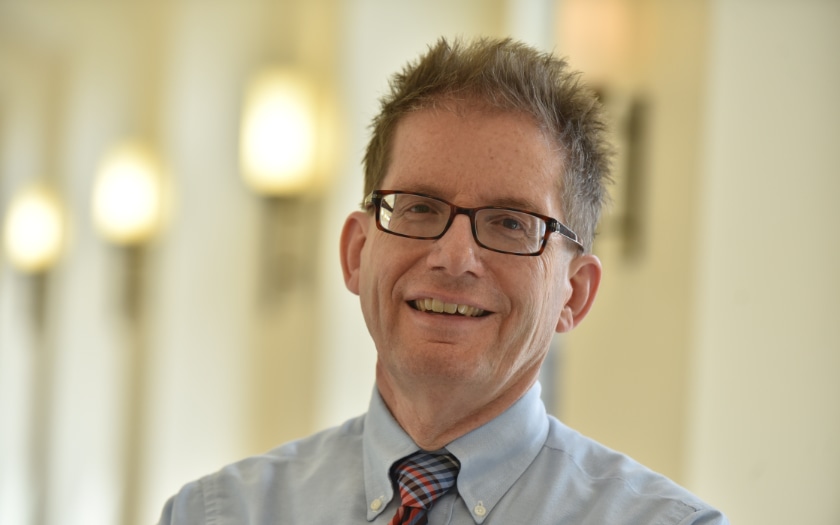
Ford School professor Barry Rabe was quoted in an article in the Washington Examiner on May 14 about the risks of Vice President Joe Biden's campaign veering too far left in its climate policy.
“At some point, there will be disappointment,” said Barry Rabe, a political science professor at the University of Michigan. “There is no one position Biden can take that is completely unifying. It's going to be very hard to put that broad coalition together.”
Rabe said he sees little political risk in Biden soliciting the ideas of former rival Senatoir Bernie Sanders and Representative Alexandria Ocasio-Cortez with the shared task force on climate change, which is also expected to help shape the Democratic National Committee’s climate agenda for the convention.
“It's hard to see AOC serving on a task force influencing a lot of swing voters in Michigan, Pennsylvania, or Wisconsin,” Rabe said. “What would change is if there are major new initiatives that Biden would introduce in terms of policy that could alienate him to the Left or Right.”
You can see the complete article here.
Barry Rabe is the J. Ira and Nicki Harris Family Professor of Public Policy at the Ford School. He is also the Arthur Thurnau Professor of Environmental Policy, with courtesy appointments in the Program in the Environment, the Department of Political Science, and the School for Environment and Sustainability. A non-resident senior fellow at the Brookings Institution, Barry directed the Ford School's Center for Local, State, and Urban Policy (CLOSUP) from 2012-2019 and was a visiting fellow at the Woodrow Wilson International Center for Scholars in 2015. His research examines climate and energy politics, and his most recent book, Can We Price Carbon? (MIT Press) was released in 2018. He has received four awards for his research from the American Political Science Association, including the 2017 Martha Derthick Award for long-standing impact in the fields of federalism and intergovernmental relations. In recent years, Barry has chaired the Assumable Waters Committee of the U.S. Environmental Protection Agency and has served on recent National Academy of Public Administration panels examining the Departments of Commerce and Interior as well as the Oklahoma Corporation Commission. He is currently a member of the U-M Carbon Neutrality Commission.